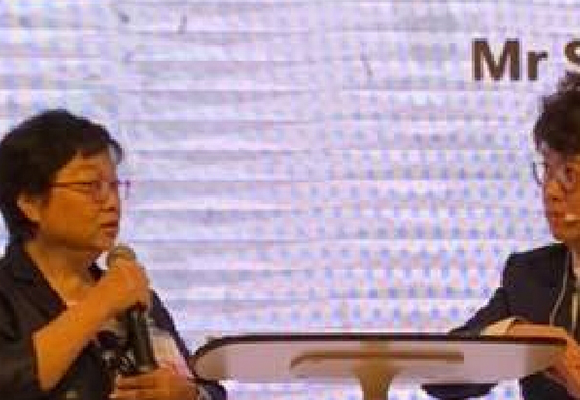Perceptual Relearning Of Binocular Fusion And Stereoacuity After Brain Injury
Neurorehabil Neural Repair. 2013 Dec 27;28(5):462-471. [Epub ahead of print]
Schaadt AK1, Schmidt L2, Reinhart S3, Adams M3, Garbacenkaite R3, Leonhardt E3, Kuhn C3, Kerkhoff G2.
Abstract
Background. Brain lesions may disturb binocular fusion and stereopsis, leading to blurred vision, diplopia, and reduced binocular depth perception for which no evaluated treatment is currently available. Objective. The study evaluated the effects of a novel binocular vision treatment designed to improve convergent fusional amplitude and stereoacuity in patients with stroke or traumatic brain injury (TBI). Methods. Patients (20 in all: 11 with stroke, 9 with TBI) were tested in fusional convergence, stereoacuity, near/far visual acuity, accommodation, and subjective binocular reading time until diplopia emerged at 6 different time points. All participants were treated in a single subject baseline design, with 3 baseline assessments before treatment (pretherapy), an assessment immediately after a 6-week treatment period (posttherapy), and 2 follow-up tests 3 and 6 months after treatment. Patients received a novel fusion and dichoptic training using 3 different devices to slowly increase fusional and disparity angles. Results. At pretherapy, the stroke and TBI groups showed severe impairments in convergent fusional range, stereoacuity, subjective reading duration, and partially in accommodation (only TBI group). After treatment, both groups showed considerable improvements in all these variables as well as slightly increased near visual acuity. No significant changes were observed during the pretherapy and follow-up periods, ruling out spontaneous recovery and demonstrating long-term stability of binocular treatment effects. Conclusions. This proof-of-principle study indicates a substantial treatment-induced plasticity of the lesioned brain in the relearning of binocular fusion and stereovision, thus providing new, effective rehabilitation strategies to treat binocular vision deficits resulting from permanent visual cortical damage.
© The Author(s) 2013.
KEYWORDS:
binocular vision; diplopia; reading; stereoacuity; stroke rehabilitation; traumatic brain injury; vision rehabilitation


